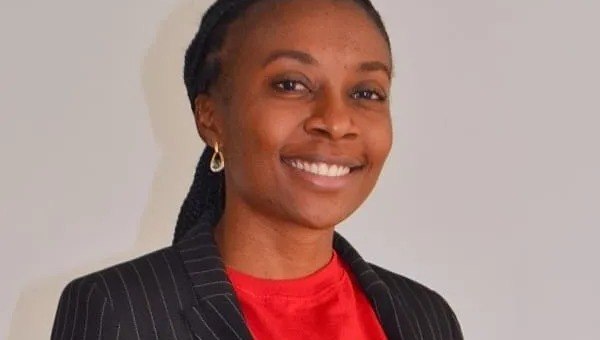Alumna Maira Cardillo Co-produces Podcast on Human Rights
On July 4, the Graduate Institute of International and Development Studies in Geneva published “Human Rights Fact-Finding as Witnesses of Atrocities: What are the Next Steps?” a podcast produced by JCU alumna Maira Cardillo, with three other students (Alessandra Leopardi, Brianna Elder, and Adriana Ramírez) for the Institute’s Masters course in “Human Rights and Humanitarianism.”

The four Graduate Institute students interviewed Chiara Gabriele, a Senior Legal Advisor for the Great Lakes program from the Geneva-based NGO TRIAL International, and Professor Lyal S. Sunga, to consider ways in which information gathered by human rights actors such as intergovernmental organizations, the International Committee of the Red Cross and NGOs, could assist criminal justice for atrocities such as genocide, war crimes, crimes against humanity or the crime of aggression.
An important issue for criminal trials at domestic, regional, and international levels is whether and to what extent human rights fact-finding can be considered credible and reliable enough to be admitted into evidence in criminal proceedings. Gabriele referred to examples where certain local NGOs working in the Democratic Republic of Congo provided photographs that in fact were admitted into evidence in a South Kivu military court to prove individual criminal responsibility for massacres, torture, arson, and pillaging. Local NGOs are often trusted more than international actors because of their affinity with affected victims and communities in terms of language and culture, Gabriele also pointed out.
Professor Sunga emphasized the importance of local NGOs in terms of their local contacts and network, their knowledge of local conditions, and the fact that they are often the first on the scene of atrocities; they are therefore frequently best placed to gather evidence before it is destroyed or compromised. Human rights fact-finding, whether conducted by UN commissions of inquiry or local or international NGOs can also be useful to establish the context within which the atrocities were perpetrated, the motives and criminal intent behind them, and the command chain responsibility, as well as to assess the capacity of local judicial authorities to prosecute fairly and effectively, whether through domestic or international prosecutions.





